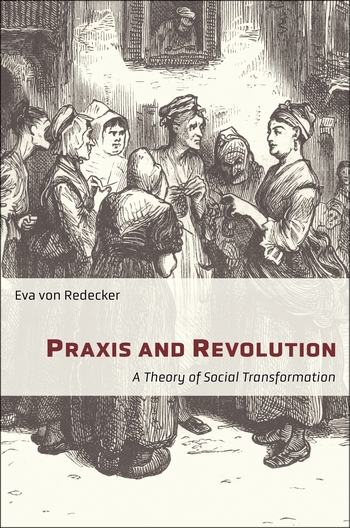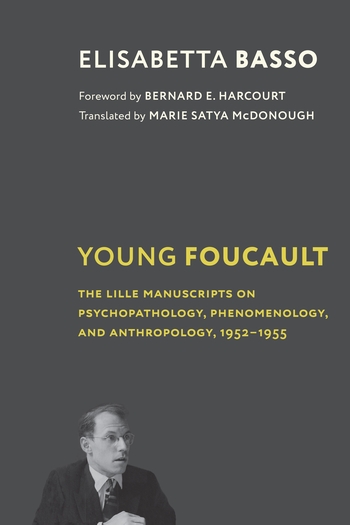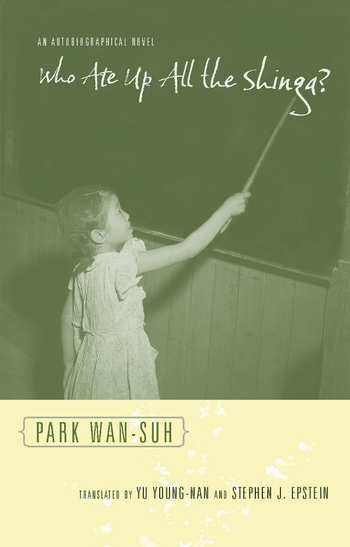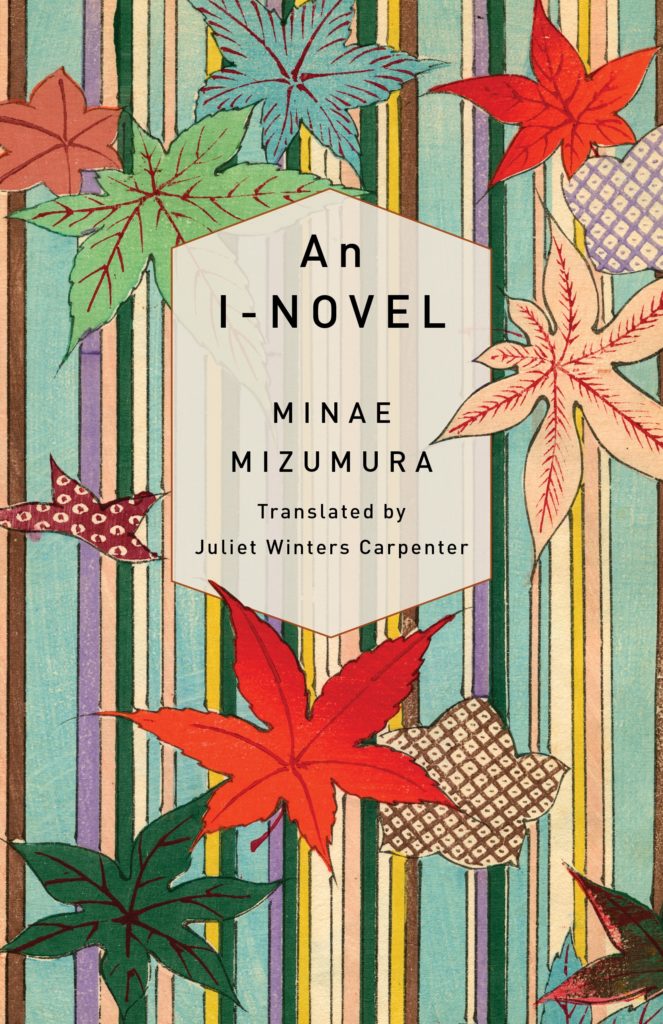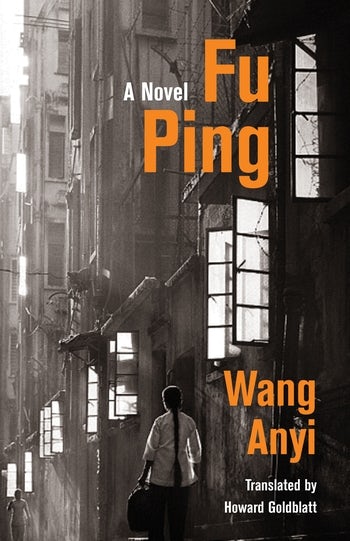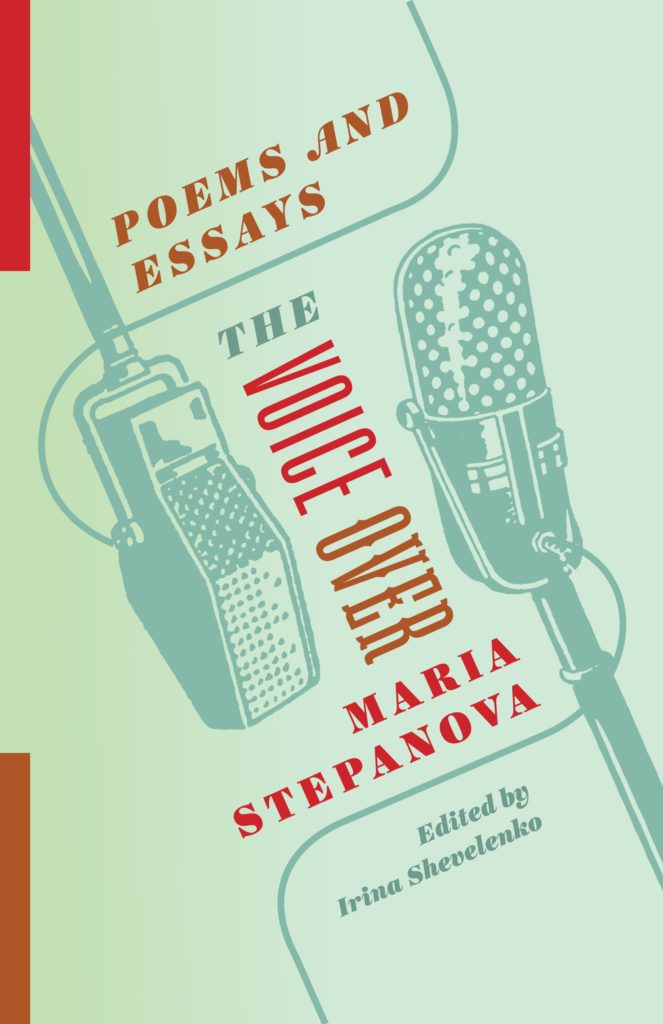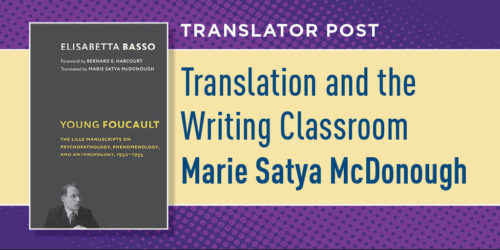Ten Must-Read Books for Women in Translation Month 2023
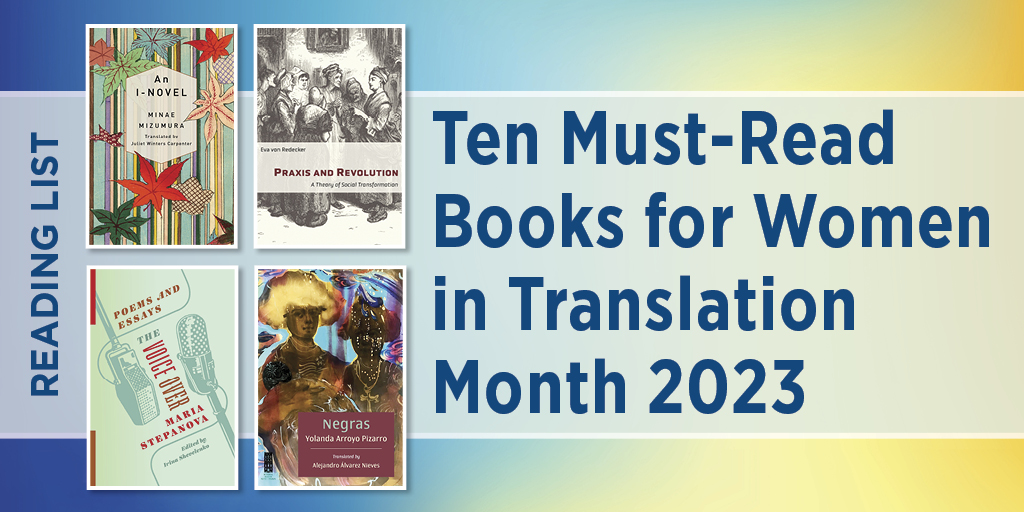
Great books deserve a second life on the international stage; however, each year, books authored by women make up a disproportionately small percentage of the total number of works translated into English. This gender disparity is exactly why Meytal Radzinski started Women in Translation Month—to share great books by woman authors with an English-reading audience. For the past decade, we’ve celebrated non-English-language female authors from across the world by showcasing their books throughout the month of August. The ten books on this year’s list range from discussions of prolific twentieth-century philosophers to fiction that’s equal parts romantic and historical—all written by women and translated into English.
Nonfiction
Praxis and Revolution
A Theory of Social Transformation
Eva von Redecker, translated by Lucy Duggan
Discussions of revolution in modern progressive political spaces have largely arrived at the same core question: how is revolution done? In Praxis and Revolution, Eva von Redecker reconceptualizes revolutionary action by developing a theory of social transformation. Redecker examines critical theory in order to offer a new perspective on radical change, presenting the idea that revolutions are extended processes rather than singular events. Utilizing various sources, including queer theory, intersectionality, and Frankfurt School works, this book takes a revised materialist approach to revolution. Read this conversation between Eva von Redecker and Lucy Duggan, the book’s translator, on the book’s “dinner party” method of analyzing different theoretical perspectives.
Young Foucault
The Lille Manuscripts on Psychopathology, Phenomenology, and Anthropology, 1952–1955
Elisabetta Basso, translated by Marie Satya McDonough
French philosopher Michel Foucault is best known for his works published in the 1960s and 1970s exploring sexuality, power, societal structure, and modernity. However, recently discovered manuscripts from Foucault’s earlier years as a lecturer at the University of Lille reveal an intellectual pathway toward his 1960s works. Assembling a vast array of archival sources—including manuscripts, reading notes, notes for lectures and conferences, and correspondence—Elisabetta Basso develops a new and deeper understanding of Foucault’s body of work. Both a biography and a theory text, Young Foucault presents a fresh approach for interpreting and examining Michel Foucault’s thought. Read what Marie Satya McDonough says about translating existing works while teaching college students how to write.
Social Appearances
A Philosophy of Display and Privilege
Barbara Carnevali, translated by Zakiya Hanafi
The idea of a dichotomy between a potentially deceptive surface and a deeper truth is deeply ingrained in Western culture. In a contemporary era fixated on self-representation, philosophy has stayed fixated on divisions between the perceived and the authentic. Social Appearances challenges these conventions by offering a fresh perspective on society as an aesthetic phenomenon, arguing that an understanding of appearances is crucial to grasping social dynamics. Drawing from various fields, Barbara Carnevali introduces fresh theoretical and conceptual frameworks to tackle today’s critical challenges. Check out this piece by translator Zakiya Hanafi on the nuances of translating works of philosophy.
In the Shelter of the Pine
A Memoir of Yanagisawa Yoshiyasu and Tokugawa Japan
Ōgimachi Machiko, translated by G. G. Rowley
In the Shelter of the Pine is a memoir written by Ōgimachi Machiko, an eighteenth-century Japanese noblewoman, about Yanagisawa Yoshiyasu, a powerful samurai for whom Machiko served as a concubine. Machiko writes about Yoshiyasu’s position in Tokugawa society, his interactions with the imperial court, his studies and his writing, and the two children they had together. In examining Yoshiyasu’s life, Machiko reveals to the reader her own experience and provides vital knowledge of women’s lives and position in Tokugawa Japan. Inspired by the eleventh-century The Tale of Genji, In the Shelter of the Pine serves as a shining example of early modern Japanese literature written by women—of which there is very little. Read a blog post by translator G. G. Rowley about the lack of celebrated literature by women in Edo-era Japan, a stark contrast to the various works written by Japanese women in the tenth to fourteenth centuries.
Who Ate Up All the Shinga?
An Autobiographical Novel
Park Wan-suh, translated by Yu Young-nan and Stephen J. Epstein
Who Ate Up All the Shinga? is a crucial account of one girl’s experiences growing up during the Japanese occupation of Korea and the Korean War, a time of great oppression, deprivation, and social and political instability. Born in 1931 in a small Korean village, Park Wan-Suh lived much of her early life under repressive Japanese rule, which was marked by forced assimilation and attempts to completely strip away Korean culture. With acerbic wit and brilliant insight, Park’s autobiographical novel explores the ways in which collaboration, assimilation, and resistance intertwined within the Korean social fabric before the outbreak of the war. Her voice throughout the book is both biting and profound, creating a captivating tale that charms, moves, and wholly engrosses. Read an excerpt from the second chapter of the book.
Fiction
An I-Novel
Minae Mizumura, translated by Juliet Winters Carpenter
In this semi-autobiographical novel, Minae Mizumura tells the story of a Japanese graduate student who, after living in the United States for twenty years, decides to move back to Japan to pursue a career as a writer. Taking place over the course of a single day, An I-Novel plays with structure, format, and language, breaking the boundaries of the “I-novel,” a confessional Japanese genre that toys with fictionalization. Mizumura touches on topics of family, identity, race, and language, challenges the hegemony of the English language, both within and without the world of literature, and explores what it means to be a Japanese writer. Read this Q&A with Juliet Winters Carpenter about translating An I-Novel—a novel that seems nearly impossible to capture in English.
There a Petal Silently Falls
Three Stories by Ch’oe Yun
Ch’oe Yun, translated by Bruce Fulton and Ju-Chan Fulton
There a Petal Silently Falls is a collection of three stories written by Korean author Ch’oe Yun, exploring post–World War II Korea in an experimental style. The collection delves into several vital topics, including state-sanctioned violence, the persecution of leftist intellectuals, consumerism, and the role of women in Korean society. Yun examines late-twentieth-century Korean psychological and spiritual realities using both real historical events, like the Kwangju Massacre of 1980, and fictional stories. Together, the stories in There a Petal Silently Falls offer a compelling portrayal of collective trauma, remembrance, and capitalism in post–World War II Korea. Read this Q&A with Ch’oe Yun on the process of writing the three stories and their significance.
Fu Ping
A Novel
Wang Anyi, Translated by Howard Goldblatt
Fu Ping is a keenly observed portrait of the lives of lower-class women in Shanghai in the early years of the People’s Republic of China. Wang Anyi, one of contemporary China’s most acclaimed authors, explores the daily lives of migrants from rural areas and other people on the margins of urban life. In shifting perspectives rich in detail and psychological insight, she sketches their aspirations, their fears, and the subtle ties that bind them together.
The Voice Over
Poems and Essays
Maria Stepanova, with translations by Alexandra Berlina, Sasha Dugdale, Sibelan Forrester, Amelia Glaser, Zachary Murphy King, Dmitry Manin, Ainsley Morse, Eugene Ostashevsky, Andrew Reynolds, and Maria Vassileva
Maria Stepanova is a powerful dissenting voice in repressive Russian society who uses her poetry and prose to grapple with the violence that has persisted throughout her country’s past and present. The Voice Over brings together two decades of Stepanova’s work, showcasing her incredible talent and allowing English-speaking readers to understand why she is one of Russia’s most acclaimed contemporary writers. Her works blur the line between traditional and unconventional, turning every expected structure on its head. With contributions from ten different translators, The Voice Over provides a comprehensive anthology of Stepanova’s creative and boundary-breaking work. Read this blog post by Maria Vassileva, one of the book’s translators, about visiting a graveyard in order to translate Stepanova’s essay “Over Venerable Graves.”
The Enchanted Clock
A Novel
Julia Kristeva, translated by Armine Kotin Mortimer
In the Palace of Versailles there is a fabulous golden clock, made for Louis XV by the king’s engineer, Claude-Siméon Passemant. The astronomical clock shows the phases of the moon and the movements of the planets, and it will tell time—hours, minutes, seconds, and even sixtieths of seconds—until the year 9999. Passemant’s clock brings the nature of time into sharp focus in Julia Kristeva’s novel The Enchanted Clock. This book travels through time and perspective to tell the story of Nivi Delisle, a psychoanalyst and magazine editor whose life becomes entangled with the clock and its history. Kristeva fabulously combines detective mystery and historical fiction, ultimately presenting an intricate, poetic novel. Read this piece by Armine Kotin Mortimer about the rich narrative of The Enchanted Clock.
Categories:Asian LiteratureFictionLiterary StudiesNational Translation MonthPhilosophyReading ListRussian LiteratureTranslationWomen in Translation
Tags:Ainsley MorseAlejandro Álvarez NievesAmelia GlaserAn I-NovelAndrew ReynoldsArmine Kotin MortimerBarbara CarnevaliBruce FultonCh’oe YunDmitry ManinElisabetta BassoEugene OstashevskyEva von RedeckerFu PingG. G. RowleyHoward GoldblattIn the Shelter of the PineJu-Chan FultonJulia KristevaJuliet Winters CarpenterLucy DugganMaria StepanovaMaria VassilevaMarie Satya McDonoughMinae MizumuraŌgimachi MachikoPark Wan-suhPraxis and RevolutionSasha DugdaleSibelan ForresterSocial AppearancesStephen J. EpsteinThe Enchanted ClockThe Voice OverThere a Petal Silently FallsWang AnyiWho Ate Up All the Shinga?with translations by Alexandra BerlinaYu Young-nanZachary Murphy KingZakiya Hanafi

